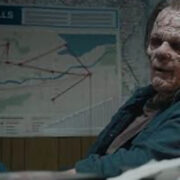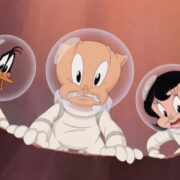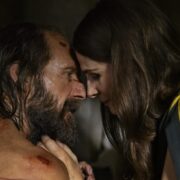Video Dispatches: BERLIN ALEXANDERPLATZ
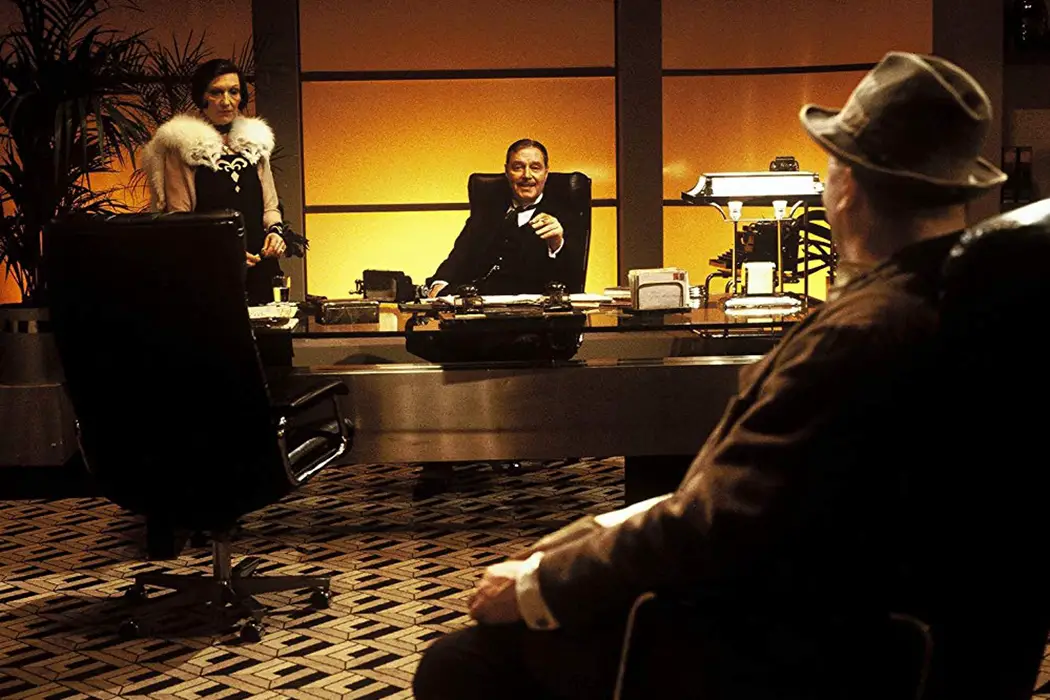
Midwesterner, movie lover, cinnamon enthusiast.
Video Dispatches is a regular digest of recent home video releases.
Berlin Alexanderplatz (1980) – Criterion Collection
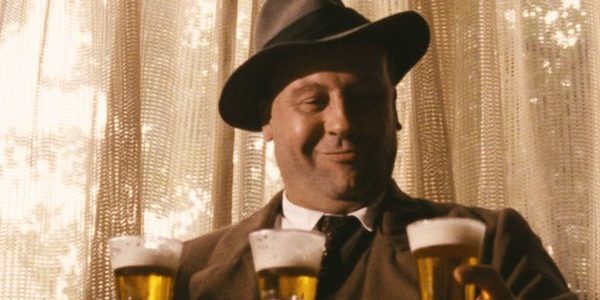
Criterion have recently given the HD upgrade treatment to Rainer Werner Fassbinder’s Berlin Alexanderplatz, a German and Italian TV production segmented into 13 hour-long episodes and a film-length epilogue. Here, the 15-hour program is stretched over three discs with an additional disc dedicated to supplements; additional is the lovingly crafted 47-page booklet with essays, interviews and some of Fassbinder’s own writing.
The UK company Second Sight has also recently upgraded their release to Blu-ray, spreading the mini-series over 4 discs, with an additional one for bonus materials. While that may deliver a better image, I had no issues with the one presented by Criterion. More importantly, both sets have a varying bounty of extras, so mileage may differ in that department for the comparison shopper (as will as Criterion’s significantly lower price tag), but neither choice should warrant a less-than-thrilled customer.
In the epigraph of his essay presented in Criterion’s booklet, Tom Tykwer quotes from the preface of Alfred Doblin’s 1929 novel Berlin Alexanderplatz, in which he characterizes his protagonist Franz Biberkopf as someone who will “ask more of life than a piece of bread and butter.” It’s a perfect distillation of a character whose needs are existential yet so simple. Fassbinder’s adaptation of the novel opens as Franz (played with athletic emotion by Gunter Lamprecht) is released from prison follow four years of sentencing he accumulated after he beat his former lover to death. He’s determined to be a man of reformation now, dutiful to his friends, family and lovers, but it doesn’t take long before he’s enveloped in darkness, betraying and betrayed by others.
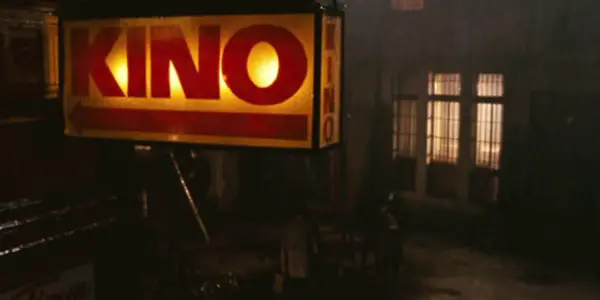
While Berlin Alexanderplatz is obviously a Fassbinder product, it remains slightly distinct amongst his incredible oeuvre — not wildly distinct in quality, although a monumental achievement, but in tone. Dave Kehr captured this in his 1983 capsule for the Chicago Reader:
“Fassbinder discards the mannerism of his late films in favor of a noble simplicity, concentrating on a single point of view as it operates across a wide range of experiences and environments. All of the usual distancing effects drop out, leaving the wrenching spectacle of one man grappling with his life in perfect candor.”
Because this TV mini-series was made by a filmmaking auteur, it has of course incited the territorial cinephile debate that “this is actually a film” — much like we exhaustingly experienced following Twin Peaks: The Return (and are very likely to see again once best-of-decade list-making time starts up). Though an otherwise considerate piece of writing, Tykwer’s included essay starts on the wrong foot, calling it not a TV movie but “an experimental film that, juggling various theatrical principles, seeks a hideaway between the traditional and the avant-garde.”
He then attempts to buttress this point by positing Fassbinder’s disdain for the medium exhibited by the filmmaker’s lighting techniques during night shots, which were “obviously composed for the big screen and a sensitive film emulsion” but were “watered down into a faint, flat, gray-black blur” on most TV screens, which deemed Berlin Alexanderplatz unbroadcastable. However, a disdain, maltreatment or plain discomfort with a medium doesn’t remove the fact that the series was produced for, made for, formatted for and broadcasted on TV. (It’s worth noting that Fassbinder returned to the medium many times, with many films and two previous mini-series, Eight Hours Don’t Make a Day and World on a Wire.)
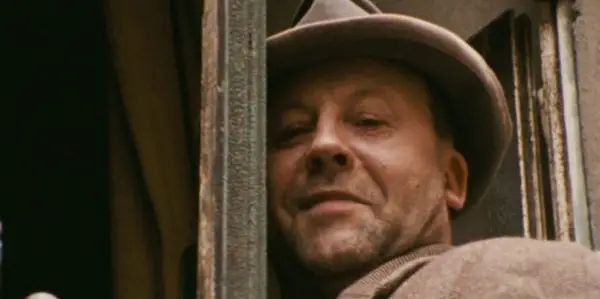
Susan Sontag’s 1983 Vanity Fair essay also showcases an intellectual uncomfortable with lauding Berlin Alexanderplatz without distinguishing it as definitely not TV. Her reasoning holds even less water and has aged poorly: because you should watch it in three or four sittings, not one weekly episode.
Sontag’s essay is much more interesting and useful when parsing the work as an adaptation from a novel. In doing so, she points out one of Fassbinder’s main deviations: an adherence to Franz’s apartment. Much of the series takes place in his studio tenement, which is located near a blinking neon sign that flashes a filling light incessantly into the apartment. Without having read Doblin’s novel, I can surmise that Fassbinder’s choice might have partially come from wanting to maintain as much of this light and space as possible. With its rhythmically beating blink, it feels like the overwhelming, stifled heartbeat of a man who wants more of life than a piece of bread and butter.
Does content like this matter to you?
Become a Member and support film journalism. Unlock access to all of Film Inquiry`s great articles. Join a community of like-minded readers who are passionate about cinema - get access to our private members Network, give back to independent filmmakers, and more.









